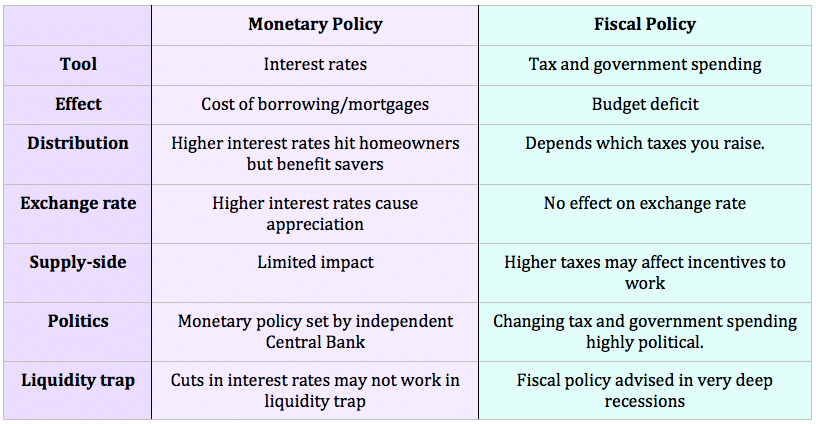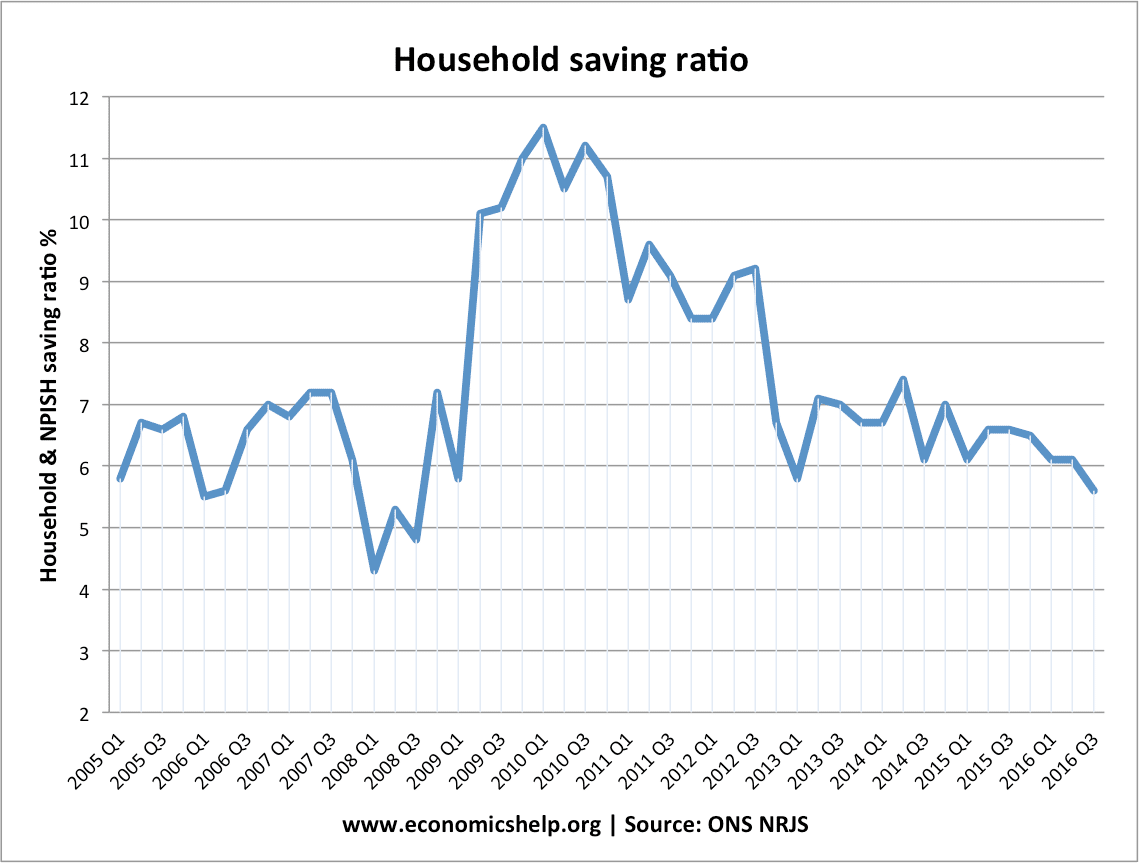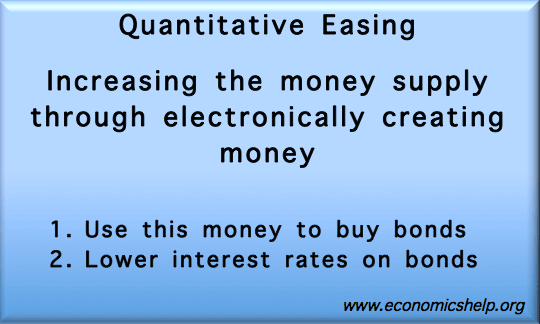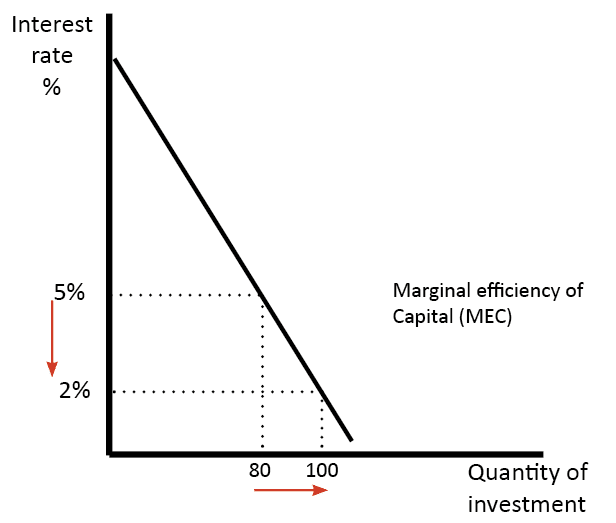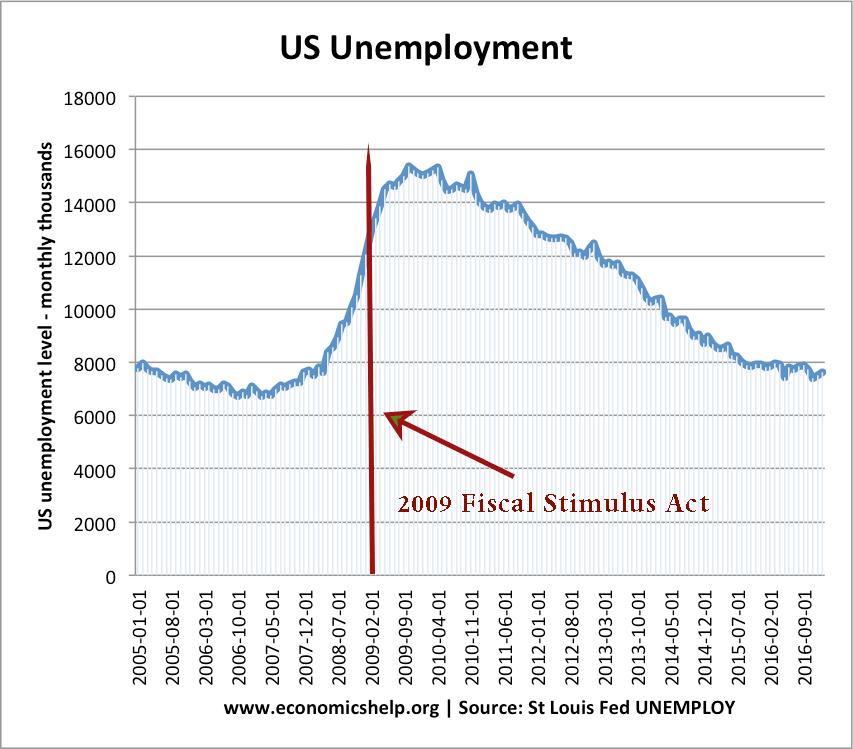Definition: Gross fixed capital formation is essentially net investment. It is a component of the Expenditure method of calculating GDP.
To be more precise Gross fixed capital formation measures the net increase in fixed capital.
Gross fixed capital formation includes spending on land improvements, (fences, ditches, drains, and so on) plant, machinery, and equipment purchases; the construction of roads, railways, private residential dwellings, and commercial and industrial buildings. Disposal of fixed assets is taken away from the total.
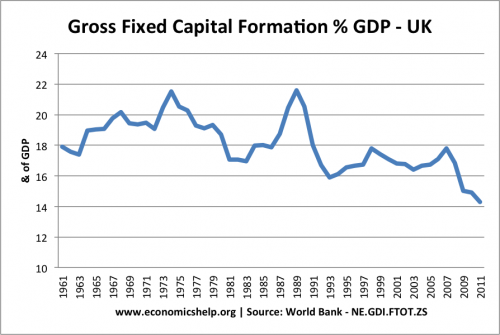
The fall in Gross Fixed capital formation has been a significant contributor to the recent UK recession. (contributions to UK growth)

